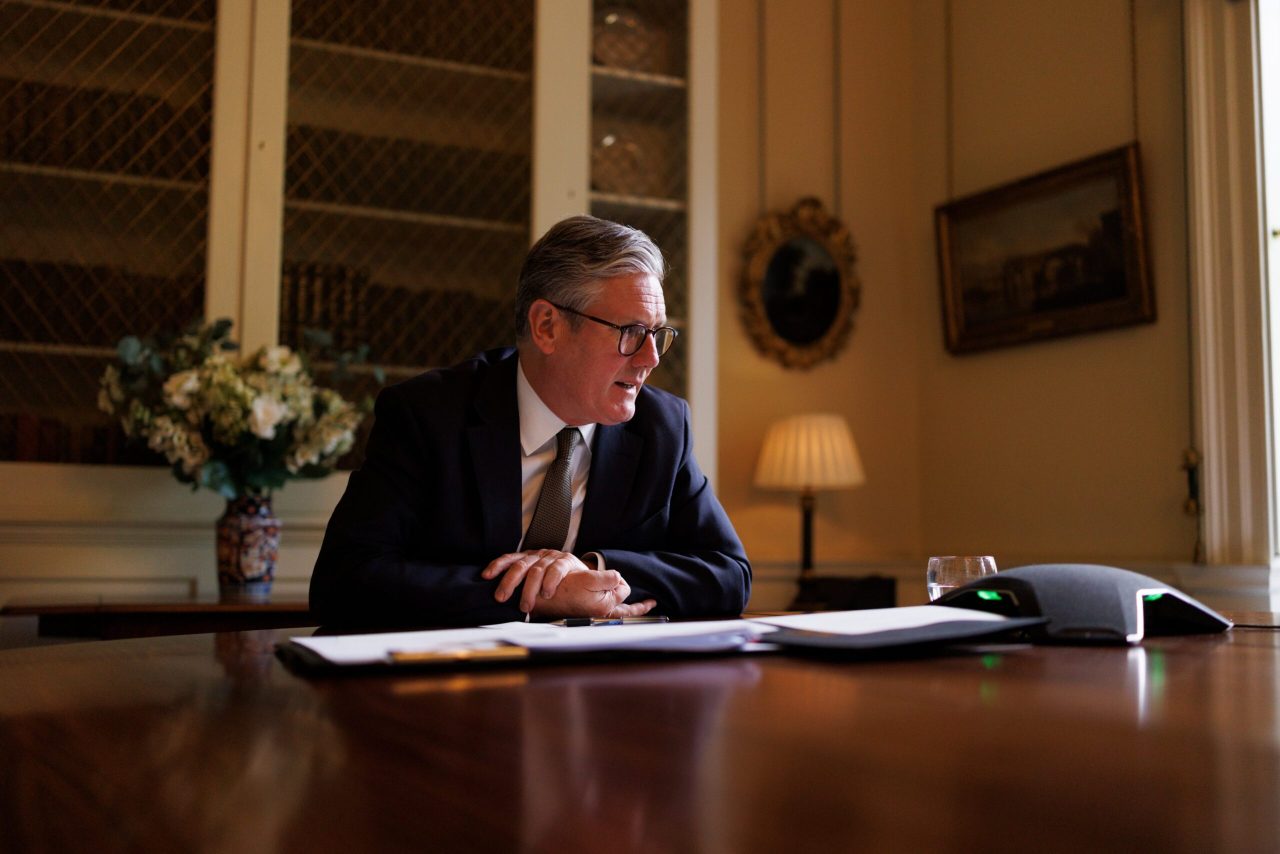Angela Rayner’s resignation as both deputy prime minister and deputy leader of the Labour Party has set off a high-stakes internal election to replace her, reopening divisions within the party over direction and leadership.
Rayner, long regarded as a potential future leader, quit her posts on Friday after the independent adviser on ministerial interests concluded she had breached the code by underpaying stamp duty on her flat in Hove.
Her exit removes a key voice from the top of government and forces Labour into a deputy leadership contest, though the winner will not automatically assume the deputy prime ministership.
That post has already gone to David Lammy following this week’s reshuffle.
A problem for Starmer
The contest comes at a delicate moment for Prime Minister Keir Starmer.
He promised a “phase two” reset of his administration just days earlier, but public opinion has been moving against Labour.
A YouGov tracker in August found Starmer with a 24% favourable rating against 68% unfavourable.
Dissatisfaction is also apparent inside the party.
A Survation poll last month showed 64% of Labour members believe the party is heading “in the wrong direction,” with Starmer’s net favourability among members slipping to -9.
Rayner’s departure could embolden Labour’s grassroots to push for a deputy leader who represents the party’s left flank, in much the same way she balanced Starmer’s leadership.
How the contest works
Labour’s national executive committee will soon set a timetable for the election.
Under current rules, candidates must first win nominations from 20% of Labour MPs — 80 in total.
They then need backing from 5% of constituency Labour parties as well as three affiliates, at least two of which must be trade unions.
Once nominations are secured, Labour’s members and affiliates vote in a preferential ballot.
The possible candidates
Shabana Mahmood
The new home secretary, a close Starmer ally, has built a reputation for strong organisational skills. She is widely credited with shaping Labour’s electoral strategy and is seen as a credible contender with growing influence inside the NEC.
Ed Miliband
The energy secretary and former party leader has become the most popular cabinet minister among Labour members. Labour List’s latest survey gave him a net score of +74, ahead of Rayner’s +71 before her resignation. His standing with the grassroots could make him a frontrunner.
Emily Thornberry
Currently chairing the foreign affairs select committee, Thornberry is a veteran with deep experience in senior roles. Though her initial stance on Gaza upset some members, she has since sharpened her profile and could appeal to parts of the membership looking for a seasoned voice.
Wes Streeting
The health secretary remains an effective media operator but is less popular among Labour members, with a net rating of just +9. He narrowly held onto his parliamentary seat in July’s general election, leaving his candidacy less certain.
The post Labour deputy leadership race opens following Angela Rayner’s resignation appeared first on Invezz

